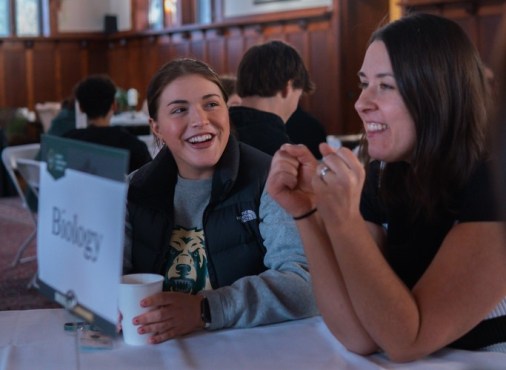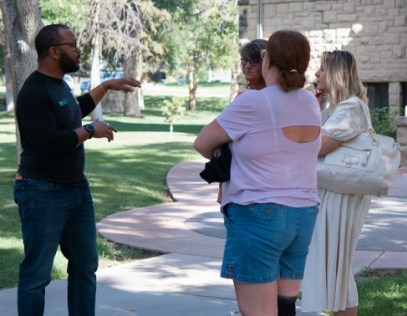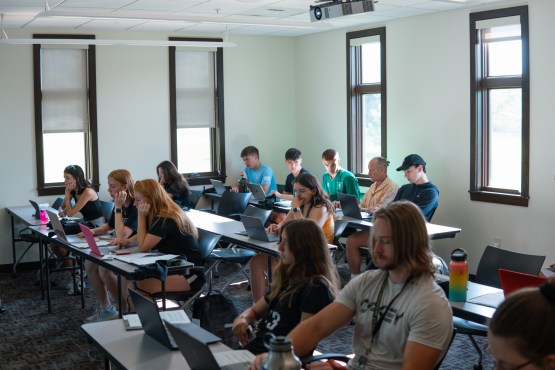Pba Ph
February 4, 2021 2025-09-29 16:52Discover the Best Fitness Routine for Any Kind of Sports You Choose

When I first started training for triathlons, I made the classic mistake of thinking more volume equaled better performance. I'd swim for an hour, bike for two, then attempt a run - all in the same session. After three months of this brutal routine, my performance had actually decreased by about 15% across all disciplines, and I was constantly fighting minor injuries. That's when I discovered the power of sport-specific periodization, and it completely transformed my approach to fitness. The truth is, whether you're training for a marathon or preparing for your first tennis tournament, your fitness routine needs to mirror the specific demands of your chosen sport.
I remember chatting with a professional basketball player who shared how his training shifted dramatically during playoffs. He mentioned that during back-to-back games - what some call a doubleheader - his recovery routine became more crucial than his actual practice sessions. Here's what to expect in the doubleheader scenario: your body faces unique physiological challenges that require smart preparation. For basketball players, this means reducing high-impact training 48 hours before consecutive games while focusing on hydration and mobility work. When I applied similar principles to my marathon training, focusing on recovery between long runs rather than just adding more miles, my finish time improved by nearly 8 minutes in just two months.
The fascinating part about sport-specific training is how dramatically different optimal routines can be. Take swimming versus weightlifting, for instance. Competitive swimmers typically train 6-9 times per week, with sessions divided between pool time and dryland exercises. Meanwhile, powerlifters might only train 4 days weekly but with much higher intensity. I've found that mixing these philosophies can be dangerous - when I tried incorporating heavy squats into my swimming routine, my performance in the pool suffered for days. Research suggests that approximately 68% of athletes experience performance declines when they incorporate training methods from incompatible sports.
What many recreational athletes don't realize is that recovery is where the real magic happens. After working with dozens of athletes across different sports, I've noticed that the most successful ones spend nearly as much time planning their recovery as their active training. For sports with frequent competitions like baseball or soccer, this means understanding the demands of consecutive events. Here's what to expect in the doubleheader situation: your muscle glycogen stores can deplete by up to 40% after the first game, making nutrition timing absolutely critical. I always advise athletes to consume carbohydrates within 30 minutes after the first event and to include about 20 grams of protein to kickstart muscle repair.
Technology has revolutionized how we approach sport-specific training too. I've been using a heart rate variability app for about two years now, and it's helped me understand when my body is ready for intense training versus when it needs active recovery. The data doesn't lie - on days when my HRV reading drops below my baseline by more than 10%, I switch to light technique work instead of pushing through hard intervals. This simple adjustment has helped me avoid overtraining while still making consistent progress toward my goals.
At the end of the day, finding the best fitness routine comes down to understanding the unique physical, technical, and mental demands of your sport. Whether you're facing a weekend tournament or training for a single annual event, the principles remain the same: specificity, periodization, and intelligent recovery. From my experience both as an athlete and coach, the athletes who thrive are those who listen to their bodies while following evidence-based training principles. They understand that what works for a gymnast would destroy a distance runner, and that the true secret to athletic success lies in crafting a routine that serves your specific sporting ambitions.

Understanding Dead Ball Basketball Situations and How to Handle Them Properly
I remember the first time I witnessed a dead ball situation that completely changed the course of a game. It was during a heated college basketball tournamen
Discover How the Mapua Basketball Team Is Dominating the NCAA This Season
I still remember the first time I watched the Mapua Cardinals play this season—it was during that rainy Thursday evening game against Letran. The arena was p


Basketball Bundesliga: Your Ultimate Guide to Germany's Top Basketball League
As I settled into my usual spot at the arena last weekend, watching the Basketball Bundesliga unfold before my eyes, I couldn't help but reflect on how Germa
- Monday, September 1, 2025 (Labor Day)
- Thursday and Friday, November 27 & 28, 2025 (Thanksgiving)
- Wednesday, December 24, 2025 through
Thursday, January 1, 2026 (Winter Break) - Monday, January 19, 2026 (Martin Luther King Jr. Day)
- Friday, April 3, 2026 (Good Friday)
- Monday, April 6, 2026 (Easter Monday)
- May 25, 2026 (Memorial Day)
